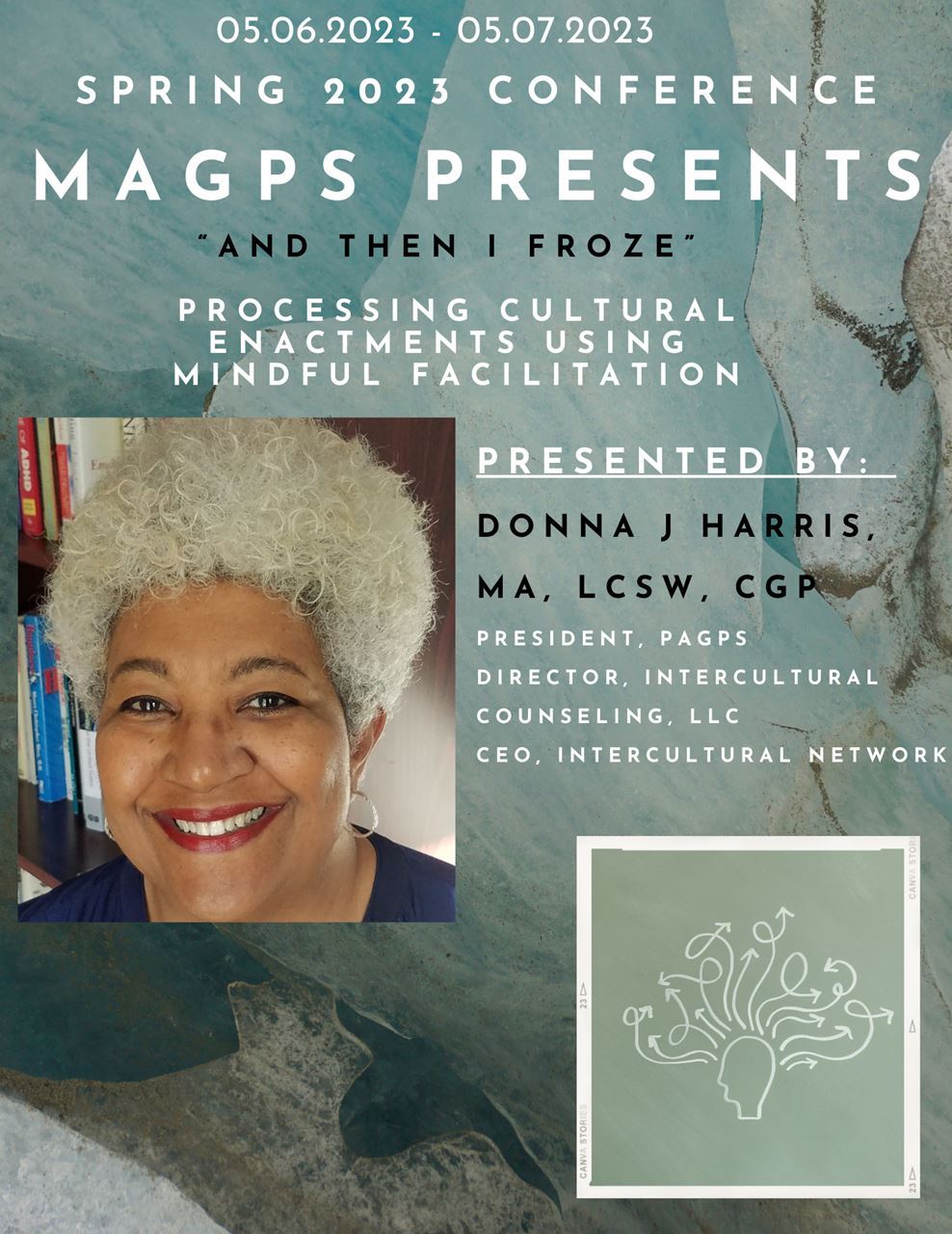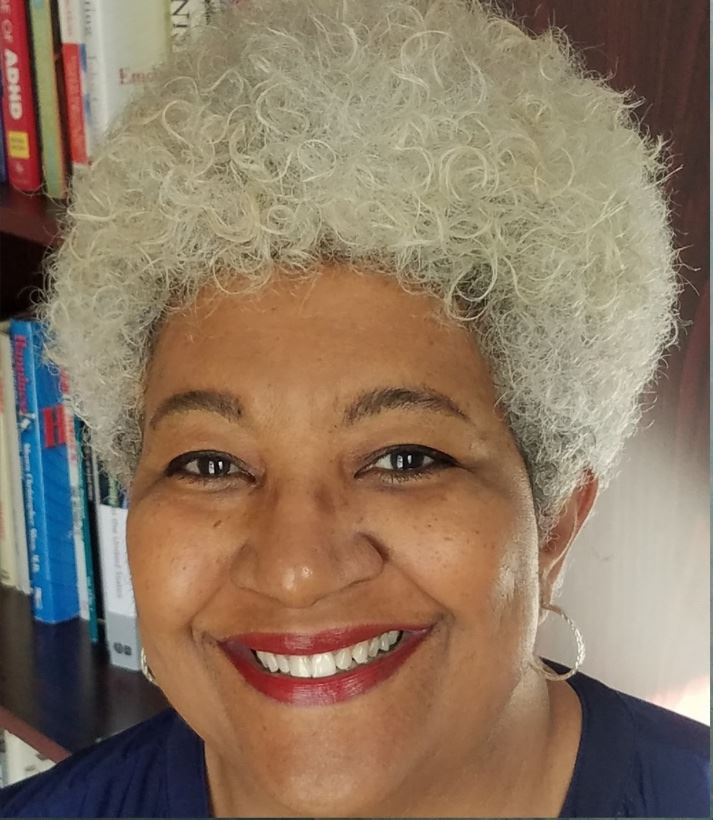 | Mid-Atlantic Group Psychotherapy Society The Mid-Atlantic Group Psychotherapy Society (MAGPS) is a regional affiliate of the American Group Psychotherapy Association that serves group therapists in Virginia, West Virginia, Maryland and the District of Columbia. |
MAGPS Spring 2023 Conference
|
*Virtual Conference* |
And Then I Froze:
Processing Cultural Enactments Using Mindful Facilitation
Conference Chair:
| Presented by: |
CONFERENCE FORMATIt is the mission of MAGPS to establish a safe, unique, creative learning environment for all attendees by hosting conferences that offer both didactic and experiential learning through participating in whole group and small process group weekend. Conference registrants are expected to attend all plenary sessions, individual and large group discussions, and all three of the Small Process Group experiences. Small Process Group Experiences The primary task of the small process group experiences at MAGPS conferences is to provide space to integrate the didactic material presented by the guest speaker with one's own understanding of self and the small group process. Process groups provided by MAGPS can be intense educational experiences, but they are not psychotherapy groups. So, while conference attendees may derive therapeutic benefit by participating in a group, we avoid using the group to explore our personal history or underlying dynamics, as one may do in group therapy. The goals of participating in a small process group experience may be achieved through self-exploration and noticing one's feelings, thoughts and reactions in the "here and now." In addition to observing and reflecting on one's own behavior, one may also give and receive feedback from fellow group members about the experience. Participants may experience firsthand the challenge of joining, finding one’s voice and becoming known, remaining emotionally present and working in the moment, and forming relationships and reflecting on interaction. Small Group Leaders (SGLs) will emphasize bridging experiential learning with cognitive understanding of the group’s development and the conference theme. Throughout small group sessions over the course of the weekend, challenging dynamics may emerge requiring you to address microaggressions, power and privilege dynamics, effectively manage ruptures, and to the degree possible, restore or repair relational ruptures. While Small Groups can be a powerful learning tool, this experience has harmed colleagues holding marginalized identities in the past. Please review the following recommendations by the AGPA, by clicking on the hyperlinked text: AGPA Guidelines for Creating Affirming Group Experiences before registering for an MAGPS Conference weekend. If you have hesitation about your ability to incorporate what has been identified by the AGPA DEI Task Force into the small group experience, we ask that you circle back with us in the future after you are better prepared. SMALL GROUP consultantsMAGPS traditionally invites seasoned local group facilitators to serve as small group leaders (SGLs), along with at least one guest from another affiliate society in an effort to promote stronger connections with our colleagues across the country. These small group process leaders will serve to help guide attendees take a deep dive into understanding the ways in which they engage with others on an interpersonal level. Participants will be randomly selected prior to the start of the conference. | CONFERENCE SCHEDULE
|
Education and ScholarshipMAGPS is an affiliate of the American Group Psychotherapy Association serving psychotherapists from DC, MD, VA, and WV. Its mission is to provide and support group psychotherapy training and education. Scholarship Opportunities: MAGPS supports the professional development of students, interns, residents, and clinicians early in their careers by offering various scholarships to cover registration and banquet costs. First-time attendees and new professionals may register at reduced rates. Click here to apply for a scholarship. 9.5 CE/CME - - - The Washington School of Psychiatry is approved by the American Psychological Association to provide continuing education for psychologists. The Washington School maintains responsibility for this program and its contents. The School is approved by the Social Work Board of the State of Maryland as a provider of continuing education for social workers in DC, MD, VA, and WV. The School is approved by the California Board of Behavioral Sciences as provider #5691 of continuing education to social workers in California. The School solely is responsible for all aspects of the program. The School is accredited by MedChi, The Maryland State Medical Society, to provide continuing medical education for physicians. The School designates this conference for a maximum of 10 AMA PRA Category I Credit(s) TM. Physicians should claim only the credit commensurate with the extent of their participation in the activity. --- Please Note: Licensing Boards change regulations often and while we attempt to stay abreast of their most recent changes, we recommend you contact your board directly to obtain a ruling, if you have questions or concerns about this course meeting your specific board’s approval. | Recommended ReadingsBibliography Applebaum, B. (2017). Comforting Discomfort as Complicity: White fragility and the pursuit of invulnerability. Hypatia, (32)4: 862-875. Emak, F. & Chung, C (2018). Race dialogues in group psychotherapy: Key issues in training and practice. International Journal of Group Psychotherapy, 69(2): 172-191. Chang-Cafaro, S. & Cafaro, J. (2018) Differences that make a difference: Diversity and the process group leader. International Journal of Group Psychotherapy, 68: 483–497. Schmidt, C. (2018) Anatomy of Racial Micro-Aggressions. International Journal of Group Psychotherapy, 68: 1-23. Okun, T. (2021) White Supremacy Culture Characteristics: Update of original 1999 article. Suggested Readings: DiAngelo, R. (2012). Nothing to Add: A challenge to white silence in racial discussions. Understanding and Dismantling Privilege, 2 (1), 1-17.. Lee, M.W. (2007). The Art of Mindful Facilitation. Berkeley, CA: Stirfry Seminars and Consulting, Inc. Lee, M.W. (2011). Let’s Get Real: What people of color can’t say and whites won’t ask about racism. StirFry Seminars & Consulting, Berkeley, CA. Menakem, Resmaa (2017). My Grandmother’s Hands: Racialized trauma and the pathway to mending our hearts and bodies. Las Vegas, NV: Central Recovery Press. Oluo, I. (2018). So You Want to Talk about Race. New York, NY: The Seal Press, Hachette Book Group, Inc. Schmidt, C. (2018). Decentering Whiteness. Group, 42 (4), 311-329. Tatum, B. (2017). Why are all the Black kids sitting together in the cafeteria? And other conversations about race. 2nd Ed. New York, NY: Basic Books. Tummala-Narra, P. (2016).Psychoanalytic Theory and Cultural Competence in Psychotherapy. The American Psychological Association, DOI: 10.1037/14800-009. Wilkerson, I. (2020) Caste: The origins of our discontents. New York, NY: Random House. |
Disclosure of Commercial Support and the Unlabeled Use of a Commercial Product: No member of the planning committee and no member of the faculty for this event have a financial interest or other relationship with any commercial product(s) discussed in the program. The Washington School of Psychiatry is an independent non-profit organization. It is not affiliated with the government of the District of Columbia or the government of the United States.

